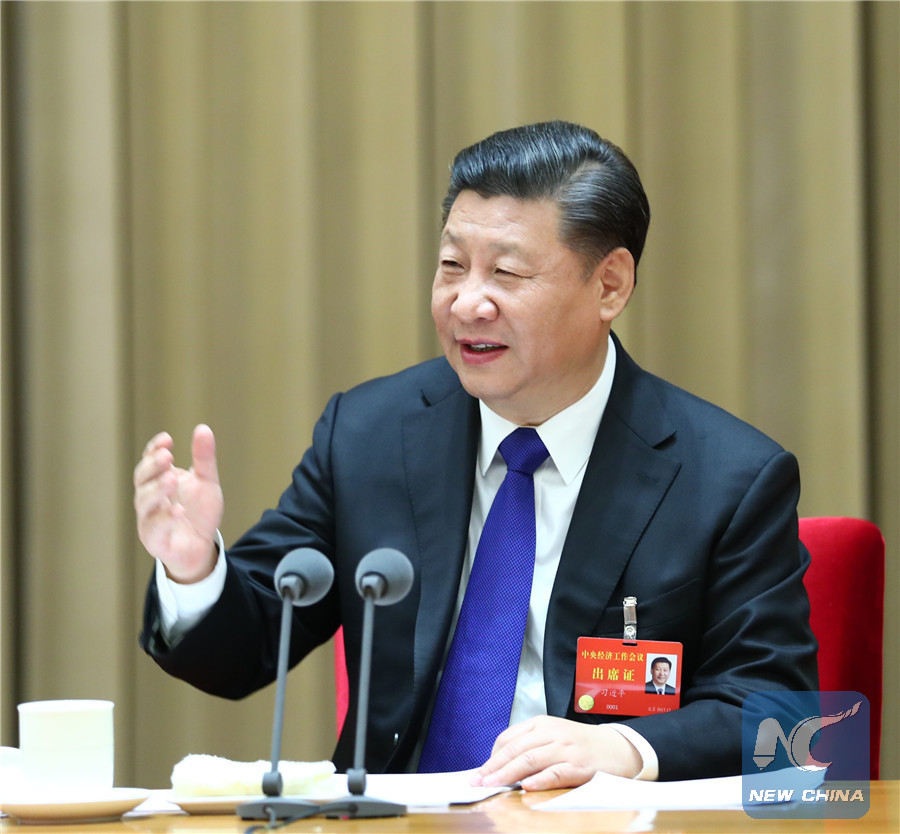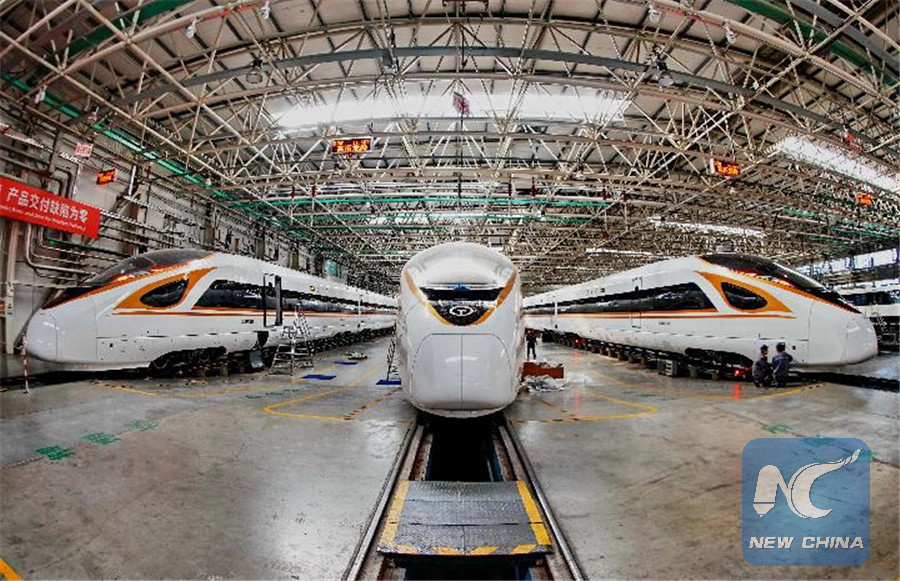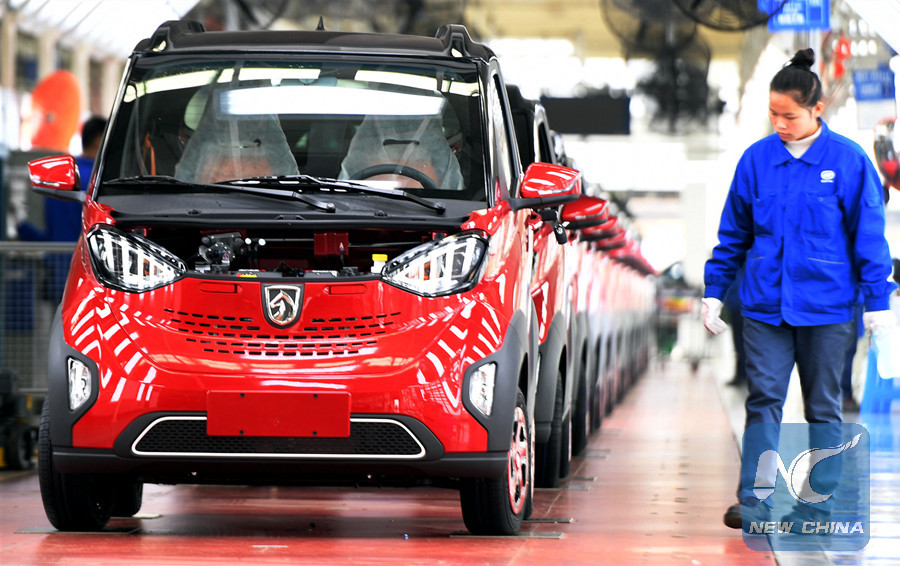
Chinese President Xi Jinping, also general secretary of the Communist Party of China (CPC) Central Committee and chairman of the Central Military Commission, speaks during the annual Central Economic Work Conference in Beijing, capital of China. The conference was held in Beijing from Dec. 19 to 21, 2018. (Xinhua/Li Xueren)
The annual Central Economic Work Conference has decided the priorities for China's economy in 2019 as the country is to embrace a key year towards building a moderately prosperous society in all respects by 2020.
The meeting from Wednesday to Friday in Beijing was participated in by the Chinese leaders, during which this year's economic performance was reviewed and plans were made for the next year.
Here is a list of key tasks on the top of the economic agenda:
-- Fiscal and monetary policy: China will continue to implement proactive fiscal policy as well as prudent monetary policy, make pre-emptive adjustments and fine-tune policies at proper time, and ensure stable aggregate demand.
-- More tax cuts: Proactive fiscal policy should be implemented with more effectiveness, with a larger scale of tax and fee cuts and a relatively substantial increase in the issuance of special-purpose local government bonds.
-- Fewer zombie companies: China will speed up the clean-up of "zombie" enterprises, while fostering new technologies and new industrial clusters.
-- High-quality manufacturing sector: Technological innovation will be strengthened, with the establishment of an open, coordinated and effective platform for the research and development of generic technology.

People work on an assembly line of the "Fuxing" bullet train set at Chinese company CRRC Tangshan Co., Ltd in Tangshan, north China's Hebei Province, on March 23, 2018. (Xinhua/Yang Shiyao)
-- Stronger domestic market: China will accelerate the development of the service industry, including education, childcare, elderly care, medicare, culture and tourism while improving consumption and boosting spending power.
-- Rural vitalization strategy: To improve the living environment in rural areas, the country should promote garbage and sewage water treatment, carry out the toilet revolution and continue deepening rural land system reform.
-- Capital market reform: China will speed up the launch of a science and technology innovation board on the Shanghai Stock Exchange and experiment with a registration system.
-- Further opening-up: Market access should be loosened. Pre-establishment national treatment and the negative list management should be fully implemented to protect legitimate interests of foreign companies in China, especially intellectual property rights.

A worker checks the ready-to-off-line new energy automobiles at the SAIC-GM-Wuling Automobile Co. (SGMW) in Liuzhou, south China's Guangxi Zhuang Autonomous Region, on Jan. 23, 2018.(Xinhua/Zhang Ailin)
-- More exports and imports: The meeting called for greater efforts to increase imports and exports, push for a more diversified export market, and cut institutional costs of importing procedures.
-- Healthy property market: The meeting called for constructing a long-term mechanism to keep the sound development of the real estate market and adhering to the principle that "housing is for living in, not speculation."

